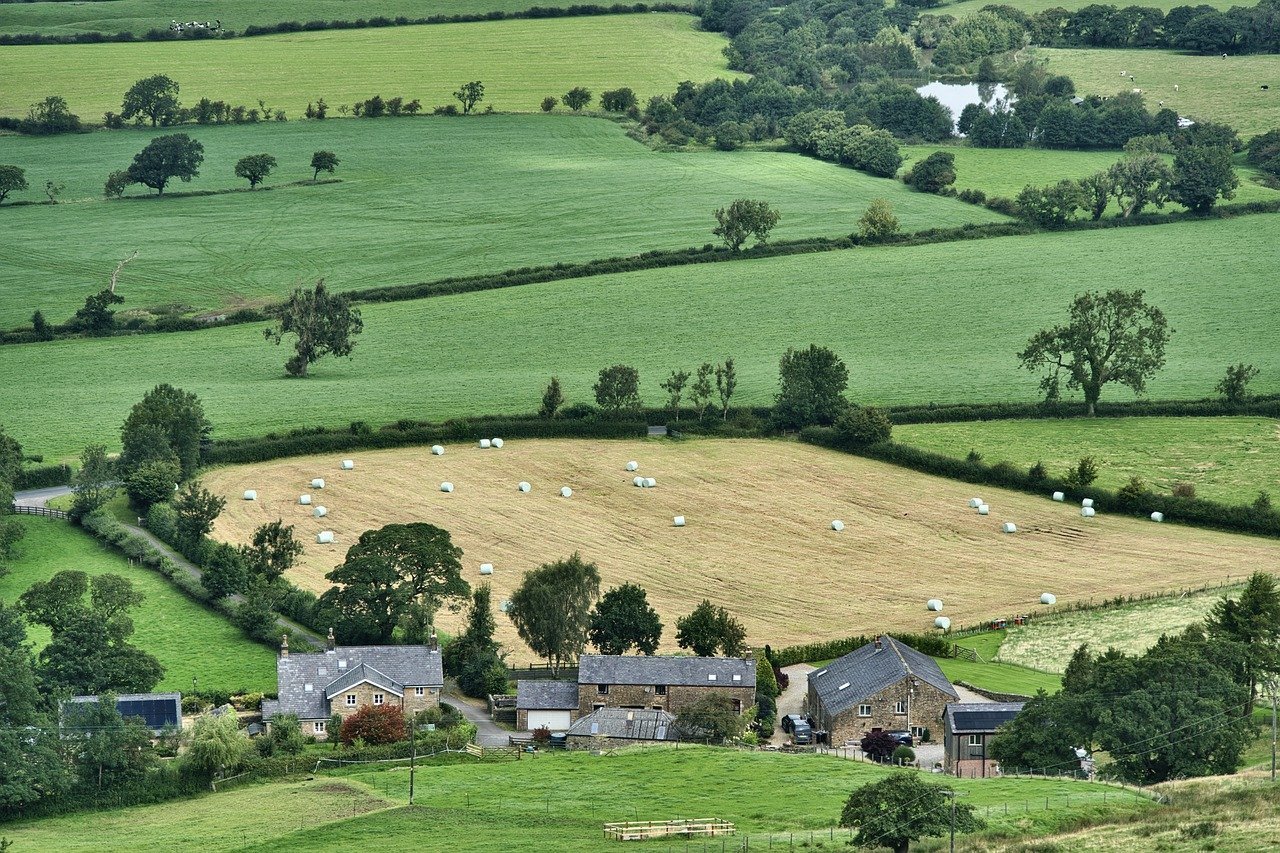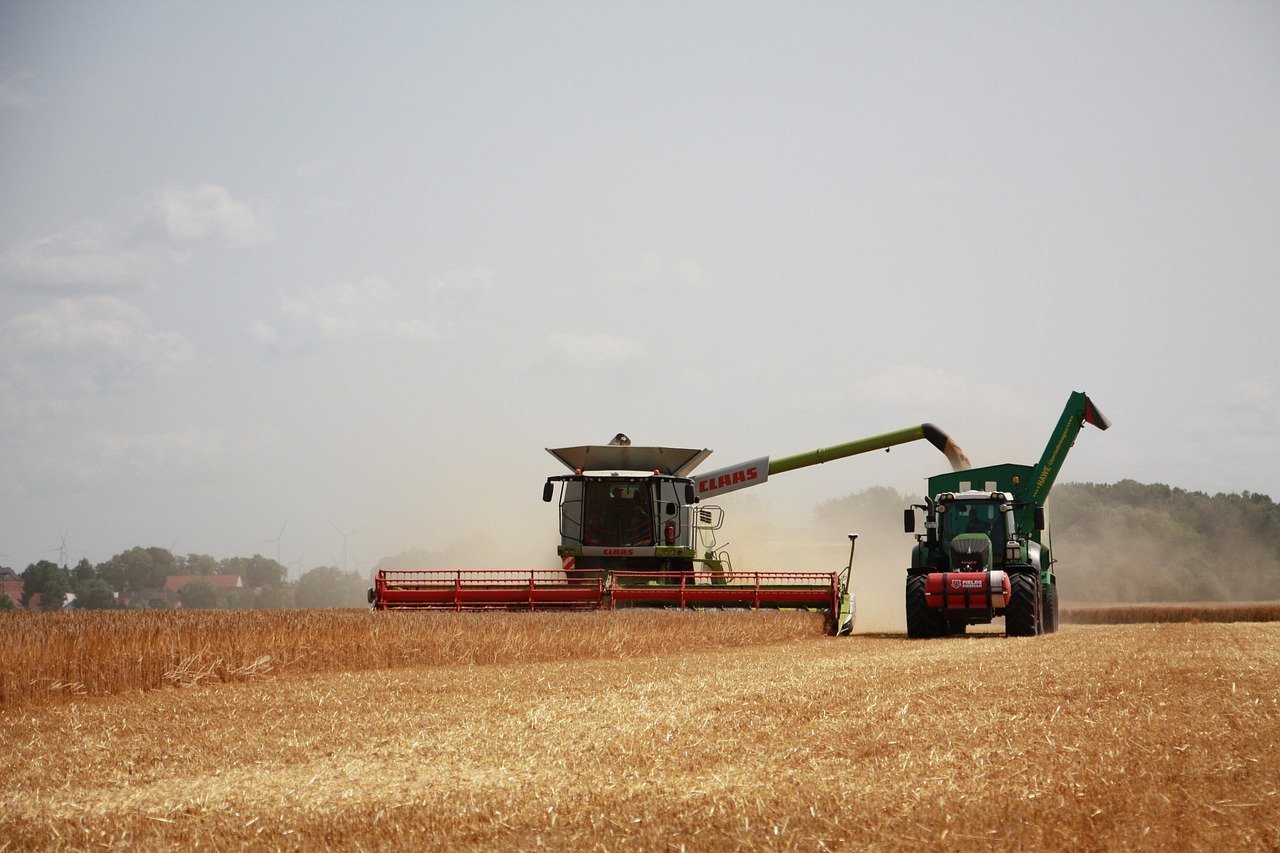
It’s Our Business
Farming Businesses in Lincolnshire
Lincolnshire, often dubbed the “breadbasket of England,” is home to numerous farming businesses that play a vital role in the local and national economy. This region, with its rich agricultural heritage and fertile land, supports a diverse range of farming operations, from large-scale commercial farms to smaller, specialized enterprises. This document provides an in-depth look at the farming businesses in Lincolnshire, their types, key players, and contributions to the economy.
Types of Farming in Lincolnshire
Arable Farming
- Cereals and Grains: Lincolnshire is renowned for its production of wheat, barley, and oats. These crops are essential for both human consumption and animal feed.
- Root Vegetables: The region is a major producer of potatoes, carrots, and sugar beets, supplying both domestic and international markets.
- Legumes: Peas and beans are also significant crops, contributing to the agricultural diversity of the area.
Livestock Farming
- Dairy Farming: Several dairy farms in Lincolnshire produce milk, cheese, and other dairy products, supporting both local and national supply chains.
- Beef and Sheep Farming: The region is known for its high-quality beef and lamb, with many farms raising cattle and sheep on the lush pastures of Lincolnshire.
Horticulture
- Vegetables and Salads: Lincolnshire is a leading producer of vegetables such as broccoli, cauliflower, lettuce, and spinach.
- Orchards and Fruit Farms: The region also supports fruit farming, including apples, pears, and soft fruits like strawberries and raspberries.
Poultry Farming
- Egg Production: Numerous poultry farms in Lincolnshire focus on egg production, supplying fresh eggs to supermarkets and local markets.
- Meat Poultry: Chicken and turkey farming are significant, with many farms specializing in free-range and organic poultry.
Key Farming Businesses in Lincolnshire
Produce World Group
- Overview: One of the largest vegetable growers in the UK, Produce World Group specializes in sustainable farming practices and supplies a wide range of vegetables to major retailers.
- Products: Carrots, potatoes, parsnips, and more.
- Sustainability: Known for its commitment to environmental stewardship and innovation in farming techniques.
Branston Ltd
- Overview: A leading supplier of potatoes in the UK, Branston Ltd operates one of its main sites in Lincolnshire.
- Products: Fresh potatoes, prepared potato products, and ready meals.
- Innovation: Invests heavily in technology and sustainability initiatives to improve crop yield and reduce environmental impact.
L J Fairburn & Son Ltd
- Overview: One of the largest independent egg producers and packers in the UK, based in Alford, Lincolnshire.
- Products: Free-range, organic, and barn eggs.
- Market Reach: Supplies major supermarkets and retailers across the UK.
QV Foods
- Overview: A family-run business that grows, packs, and supplies a wide range of fresh produce.
- Products: Potatoes, onions, and other root vegetables.
- Sustainability: Focuses on reducing food waste and enhancing sustainable farming practices.
JEPCO
- Overview: Specializes in growing and supplying high-quality salads and vegetables.
- Products: Leafy salads, spinach, and other fresh produce.
- Market: Supplies major retailers and foodservice providers.
JSR Farms
- Overview: A diversified agricultural business involved in arable farming, pig production, and renewable energy.
- Products: Cereals, oilseeds, and high-welfare pork.
- Innovation: Invests in research and development to improve farming efficiency and sustainability.
Economic Impact
Employment
- Job Creation: Farming businesses in Lincolnshire provide significant employment opportunities, both directly on farms and indirectly through related industries such as food processing, logistics, and retail.
- Skill Development: These businesses contribute to the local economy by offering training and development programs, helping to maintain a skilled agricultural workforce.
Contribution to GDP
- Agricultural Output: Lincolnshire’s farming sector is a major contributor to the regional and national GDP, with high productivity levels in both arable and livestock farming.
- Export Market: Many farming businesses in Lincolnshire export their products internationally, contributing to the UK’s export economy.
Community Support
- Local Economy: Farming businesses support local economies by purchasing goods and services from local suppliers, thereby fostering economic growth in rural communities.
- Community Engagement: Many farming businesses engage with local communities through educational programs, farm tours, and participation in local events and markets.
Challenges and Future Prospects
Challenges
- Climate Change: Adapting to changing weather patterns and ensuring sustainable water usage are ongoing challenges for farming businesses in Lincolnshire.
- Brexit: The departure of the UK from the EU has introduced new regulatory and trade challenges, impacting the agricultural sector.
- Labour Shortages: Finding and retaining skilled labour, especially seasonal workers, remains a critical issue for many farms.
Future Prospects
- Technological Advancements: Embracing new technologies such as precision farming, automation, and data analytics can enhance productivity and sustainability.
- Sustainable Practices: Continued focus on sustainable farming practices, including renewable energy use and soil health management, will be crucial for the future.
- Diversification: Exploring new markets and diversifying product lines can help farming businesses in Lincolnshire remain competitive and resilient.
Conclusion
Farming businesses in Lincolnshire play a pivotal role in the local and national economy, providing food, employment, and economic stability. With a rich agricultural heritage and a commitment to innovation and sustainability, these businesses are well-positioned to face future challenges and continue their vital contribution to the region and beyond. Whether through large-scale operations or smaller, specialized farms, the agricultural sector in Lincolnshire remains a cornerstone of its identity and prosperity.

